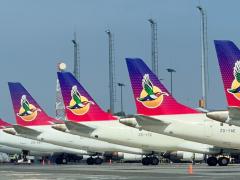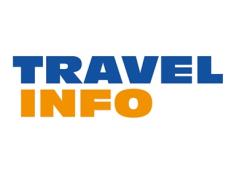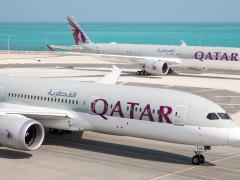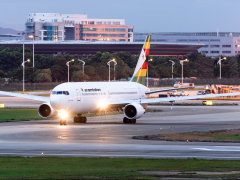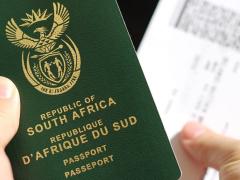Despite yet another global report predicting the demise of travel agents, industry experts say these forecasts are based on fundamental misconceptions about what agents actually do.
The World Economic Forum's ‘Future of Jobs 2025’ lists careers in the category of ‘sales, purchasing agents and brokers’, which includes travel agents, among the professions expected to face major job losses in the next five years, largely due to AI automation. The report projects that employment opportunities in these roles could reduce by about 50% by 2030.
“It is absolutely going to happen. Some roles within the broader travel industry do need to be automated and that may lead to less requirement for staff. But a universal replacement of travel agents as provided in many of these studies is just an indicator of misunderstanding,” Mladen Lukic, GM of Travel Counsellors South Africa told Travel News.
“These reports don't actually look at travel agents specifically. Travel agents are always listed with some of the general clerical administrative positions, but there isn't one definition for what travel agents do.”
Can agents really be replaced by automation?
Lukic explained that, because the travel agent profession was language-based, many assumed that AI, as a large language model, would be able to emulate an agent’s skills within the travel environment.
“While we could train an AI on many aspects of human development, there is very little data available to teach a large language model about what travel agents really do because this is often not even articulated,” said Lukic.
“The biggest requirement for agents is to deal with the inconsistencies that arise in the reality of travel. So every single day, the vast majority of agents’ interventions are not limited to routine processes. They have to react to the situation on the ground and that's where this idea of automation falls apart.”
What agents really do
Industry experts emphasise, that despite misconceptions, agents are not purely booking channels and administrative clerks.
“Agents do not just service an enquiry. They harness decades of experience combined with the latest technology and their vast, trustworthy network of partners to ensure that the client and everyone in between can rest assured that not only are they getting the best value but also that their trip, and money, is safe,” explains Aadil Esack, XL Travel GM of Product & Marketing.
“Travel is often far more complicated than other retail sectors where you can easily replicate the process using only digital solutions,” said Esack. “There are certain, important parts to the role of travel agent that a bot cannot do, no matter how much information is provided.”
Misconceptions hinder growth
Inaccurate representations of what agencies do and ideals of digital automation severely hamper recruitment efforts and brain drain in South Africa's travel sector, explained Herman Heunes, GM of Corporate Traveller.
“Young professionals view travel agency work as technologically outdated rather than seeing the digital transformation occurring within the field.”
This is accompanied by reduction in specialised travel and tourism training programmes that cover the variety of skills required to be a travel agent. This includes detailed product knowledge, digital proficiency with traditional and contemporary bookings channels, sales skills, entrepreneurial skills and a knack for building and maintaining relationships.
However, the South African travel industry is also facing a brain drain, as skilled travel professionals often migrate to international markets where the profession receives greater recognition and compensation.
“This creates a paradoxical situation where there's unemployment alongside unfilled positions requiring specialised skills that go beyond basic booking capabilities,” explained Heunes. He added that the lack of human resources posed a much larger risk to the travel industry than potential automation.

